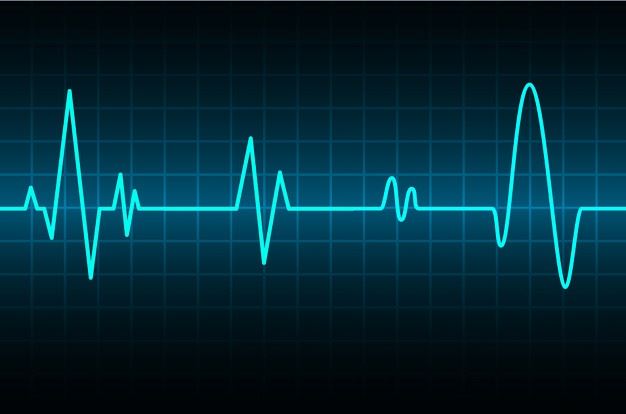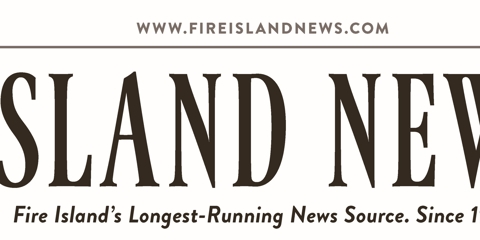Businesses who have been affected by COVID-19 now have more access to federal funding in the form of Economic Injury Disaster Loans (EIDL) from the US Small Business Administration.
The SBA offers up to $2 million for small businesses and nonprofits to pay fixed debts, payroll, accounts payable, and other bills that can’t be paid because of the COVID-19 pandemic’s disastrous impact.
The interest rate is 3.75% for small businesses and 2.75% for nonprofits.
The length of repayment is determined on a case-by-case basis, based upon each borrower’s ability to repay. The maximum repayment term is 30 years.
The CARES Act, enacted on March 27, 2020, expanded the existing program and relaxed some requirements:
- Expands eligibility to include sole proprietors and independent contractors.
- Waives any personal guarantee on advances and loans below $200,000.
- Waives the requirement for an applicant to have been in business for one year before the disaster.
- Waives the requirement to show that the business attempted to obtain credit elsewhere.
- Relaxed underwriting based solely on an applicant’s credit score (or alternative method for determining applicant’s ability to repay).
- Pending the application, emergency grants of up to $10,000 are available, which the SBA must distribute within 3 days.
Typically, SBA loan applications are processed by banks or other SBA-approved lenders. However, EIDL applications are made directly with the SBA.
In order to apply, businesses should have the following documents available:
- Most recent Federal Income Tax Return.
- Schedule of Liabilities.
- Personal Financial Statement.
- Tax returns for principals and affiliates.
- If the most recent Federal income tax return has not been filed, a year-end profit-and-loss statement and balance sheet for that tax year.
- A current year-to-date profit-and-loss statement.
- Monthly sales figures.
Electronic filing is preferred and is usually quicker. There is no definite timetable for how long these loans will take to process, so businesses should apply as soon as possible.
Businesses who receive Paycheck Protection Loans can still be eligible for an EIDL if the permissible expenses exceed the amount available from Paycheck Protection Loans.
Other Key Provisions of the CARES Act for small businesses and individuals:
- Payroll assistance loans: 2.5x monthly salaries, up to $10 million (forgiveness available if maintain payrolls).
- 2020 payroll tax delayed, and due as follows: 50% on 12/31/2021 and 50% on 12/31/2022.
- Credit against employment taxes equal to 50% of qualified wages (up to $10,000 in wages) for each employee.
- Subsidies for SBA loan payments.
- Waiver of 10% penalty on retirement account withdrawals.
- Required minimum distributions for retirement accounts for 2020 suspended.
John Gordon is a counsel in Vishnick McGovern Milizio LLP’s Business and Transactional Law, Exit Planning for Business Owners, Real Estate, and Trust and Estate Planning Practice Groups.
He can be reached at jgordon@vmmlegal.com and (516) 437-4385 x143.



